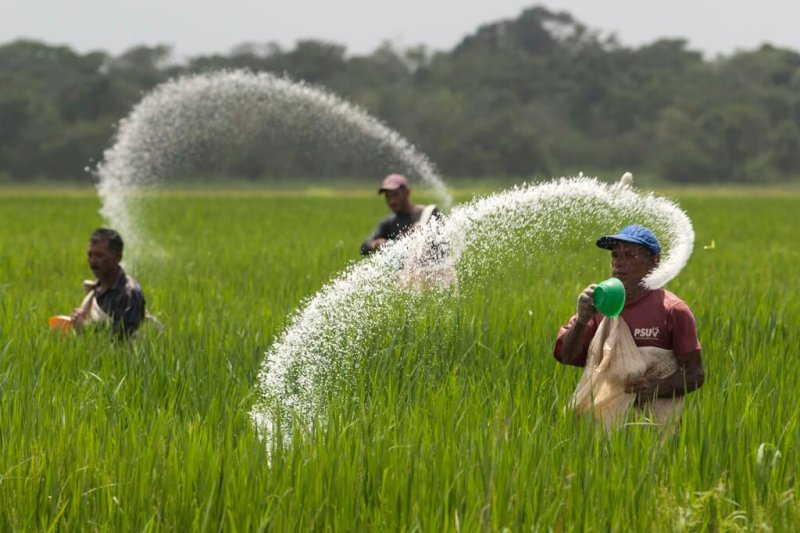Organic farming, which prohibits the use of synthetic fertilizers, is often touted as the solution to many of agriculture’s environmental impacts.
…
Environmental and agricultural scientists note that organic farms typically have 20% lower yields than conventional farms, requiring more land to produce a given amount of food. This means less land for wildlife habitats or other purposes.
…
Without synthetic fertilizers, farms need to grow additional crops — legumes — to provide nitrogen, and these require extra land. This “shadow land footprint” of organic farming and other agricultural systems that don’t use synthetic fertilizer is equally, if not more, important than the yield gap.
…
Even with the most optimistic scenarios for improving nitrogen fixation and nutrient recycling, farmland would need to dramatically expand to entirely replace synthetic fertilizer. These improvements could provide no more than 90% of the nitrogen currently provided to crops. Assuming a proportionate drop in production, at least 12% more cropland (nearly 500 million acres) would be needed to maintain production.
Additionally, due to organic farming’s yield gap, an additional 25-33% more land would be needed. But to make up for both the yield gap and the shadow footprint, we would need at least an extra Australia-sized amount of land — between 40% and 100% more agricultural land than the amount we use today.
Read full, original post: The Hidden Footprint of Making All Farms Organic
































